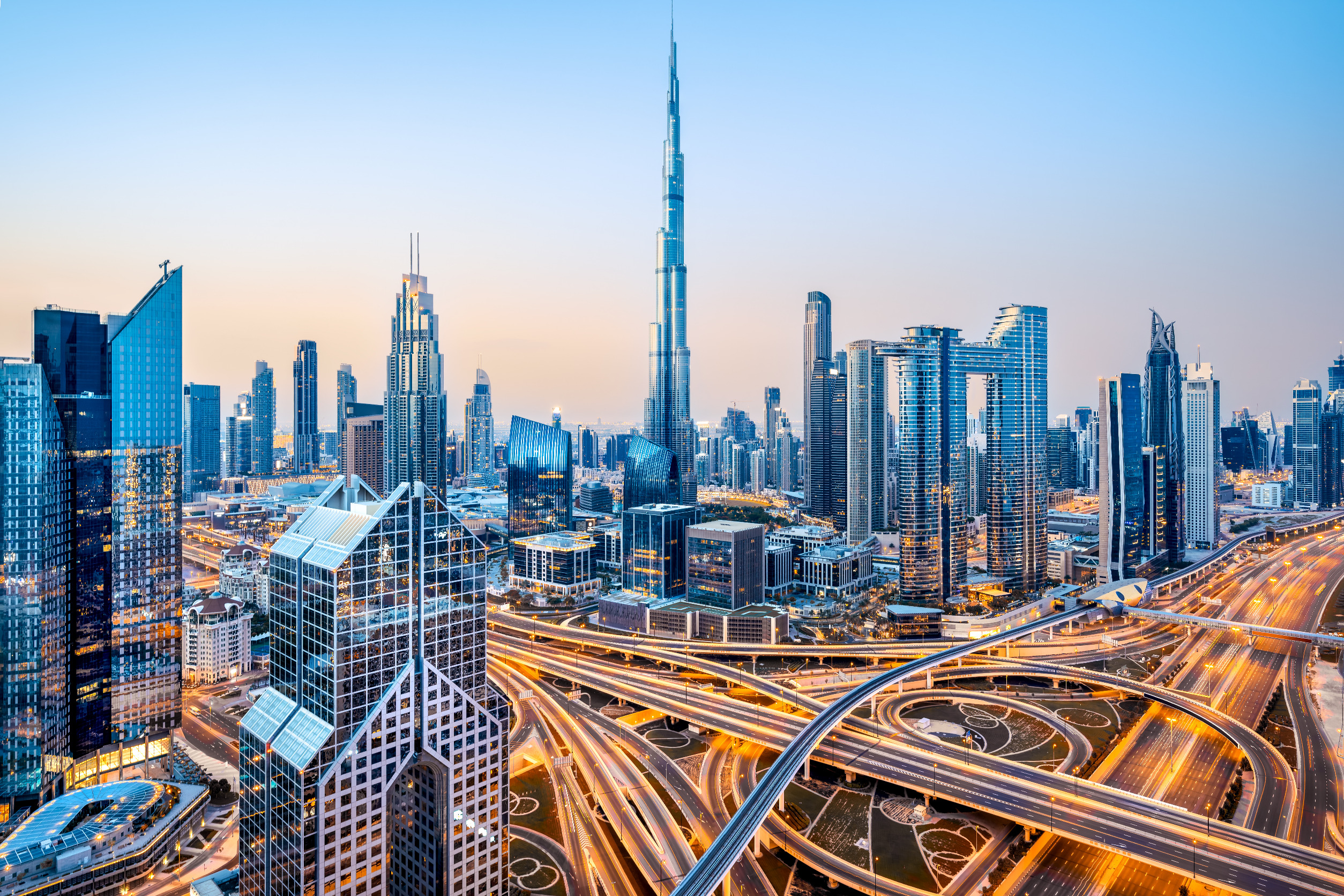
When starting a business or seeking residency in the UAE, one of the most crucial decisions you’ll face is choosing between free zone and mainland visas. Each visa type offers distinct advantages and is designed to cater to specific business needs and lifestyle preferences. Whether you’re an entrepreneur looking to set up a business, a professional aiming to relocate, or someone seeking to establish long-term residency, selecting the right visa is essential for ensuring smooth operations and long-term success in the UAE.
Free zone and mainland visas are both popular options, but they come with different regulations, ownership structures, and operational restrictions. Free zone visas provide access to specific economic zones designed to encourage foreign investment and offer various incentives, while mainland visas allow businesses to operate throughout the UAE and target a broader market.
In this article, we will explore what free zone and mainland visas are, discuss their key differences, and describe the benefits of each option. By understanding these distinctions, you can make an informed choice that aligns with your business goals or residency aspirations in the UAE.
What is a Freezone visa?
A free zone visa in the UAE permits individuals or businesses to operate within specific free zones that have been established to enable easier trade and investment. These areas provide significant benefits, including a tax-free environment, full foreign ownership of companies, and exemption from customs duties. Companies in free zones also enjoy streamlined administrative procedures, making it easier to set up and operate a business.
These visas often include residency privileges and the option to sponsor dependents. Free zones are strategically positioned to facilitate global trade, offering advanced infrastructure, modern facilities, and access to international markets. This makes them an attractive choice for entrepreneurs and multinational corporations seeking to expand in a business-friendly environment.
What is a Mainland visa?
The mainland in Dubai refers to the areas within the city that fall under the general jurisdiction of the UAE government, as opposed to being part of a special economic zone or free zone. Businesses established on the mainland are subject to national laws and regulations, allowing them to trade with local and international markets. They are also able to bid for government contracts. Unlike free zones, there are no specific location restrictions when setting up an office on the mainland. Many mainland activities now allow for full foreign ownership, while others require the appointment of a Local Service Agent (LSA) or sponsor agent.
The difference between Freezone and Mainland visas explained
Deciding between establishing a business in a Dubai free zone or on the mainland involves evaluating several factors based on your specific goals and requirements. Consulting a trusted business setup advisor can help clarify the best option for your needs, but here are key points to consider:
1. Target market
- Free Zone: Best suited for businesses focusing on international trade, exports, or services outside the UAE. Companies in free zones generally face restrictions when trading directly within the UAE’s local market.
- Mainland: Ideal for businesses serving the domestic market, as mainland entities can freely operate across all Emirates without restrictions.
2. Business activities
- Free Zone: Activities permitted are limited and vary depending on the specific free zone. It’s crucial to choose a zone aligned with your business sector to ensure compliance.
- Mainland: Offers more flexibility to engage in a wide range of activities, regulated by the Department of Economic Development (DED).
3. Ownership structure
- Free Zone: Allows 100% foreign ownership, making it an attractive option for international investors who want full control of their business.
- Mainland: Most activities now allow full foreign ownership, thanks to recent legislative changes, but some sectors may still require local sponsorship or a service agent.
4. Budget considerations
- Free Zone: Generally offers lower initial setup costs, including affordable office solutions. However, annual licensing and renewal fees must be factored in.
- Mainland: Tends to involve higher setup costs due to licensing fees, office rents, and additional regulatory requirements.
5. Operational flexibility
- Free Zone: Restrictions often apply to trading directly within the UAE’s mainland or employing UAE nationals. Businesses may need a mainland distributor to expand locally.
- Mainland: Provides unrestricted operational flexibility within the UAE and greater ease in hiring local employees.
The choice between a free zone and mainland business setup in Dubai depends on your target market, operational needs, and budget. Free zones are advantageous for international operations and cost efficiency, while mainland companies offer unrestricted access to the UAE market and greater operational versatility.
Benefits of a Freezone Visa
A free zone visa offers benefits like tax exemptions, business ownership flexibility, and simplified immigration, making it an attractive option for entrepreneurs and professionals. Let’s break down some of the key benefits of a free zone visa:
- Tax advantages: A free zone visa provides significant tax benefits, including exemptions from personal, import, and export taxes. Additionally, companies operating in free zones enjoy a corporate tax holiday for a set period, which can often be renewed, reducing financial burdens and enhancing profitability.
- Full business ownership: Entrepreneurs and investors in free zones benefit from 100% foreign ownership of their companies, eliminating the need for local Emirati shareholders. This law, introduced in 2018, ensures that international business owners maintain full control over their operations and profits.
- Enhanced residency and business operations: Holding a UAE free zone visa grants residency, enabling individuals to access financial services, such as opening bank accounts and securing loans. It also facilitates leasing office spaces with long-term options and provides access to healthcare through an Emirates ID, ensuring comprehensive support for personal and professional needs.
These advantages make free zones a compelling option for businesses seeking a strategic base in the UAE.
Benefits of a Mainland Visa
A mainland visa provides access to a broader market, allows full business ownership in most sectors, and offers greater flexibility for expansion across the region. Let’s break down some of the key benefits of a mainland visa:
- Legal residency: A mainland visa grants legal residency in the UAE, enabling business owners and employees to access essential services such as healthcare, banking, and other government facilities. It ensures compliance with UAE immigration laws while providing the benefits associated with long-term residence.
- Hiring flexibility: Mainland companies are permitted to sponsor employees from any part of the world, offering the flexibility to build a diverse and skilled workforce. This makes it easier to meet a business’s specific operational and strategic needs.
- Family sponsorship: Mainland visa holders can extend sponsorship to immediate family members, including spouses and children, allowing families to live together in the UAE. This benefit enhances the quality of life for expatriates and supports family-oriented living arrangements.
These advantages make mainland visa sponsorship a versatile option for individuals and businesses seeking opportunities in the UAE.
About Worldwide Formation
Since 2008, Worldwide Formations has been a leading provider of corporate advisory services in the region, offering comprehensive solutions for businesses, entrepreneurs, and families looking to establish or expand in the UAE.
With clients from over 90 countries, we are a trusted partner and an officially registered agent in all major UAE jurisdictions. We can assist you in finding the best solution, advising on the difference between free zone and mainland visas and helping you decide the optimal setup for your organisation. In addition, we offer offshore setups and provide visa processing and second citizenship services. Through our global network of partners, we also offer essential services, including accounting, taxation, financial audits, and international tax consulting. If you’re considering business setup in Dubai, contact us today.


